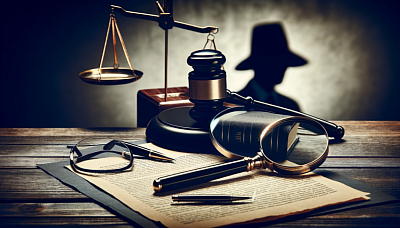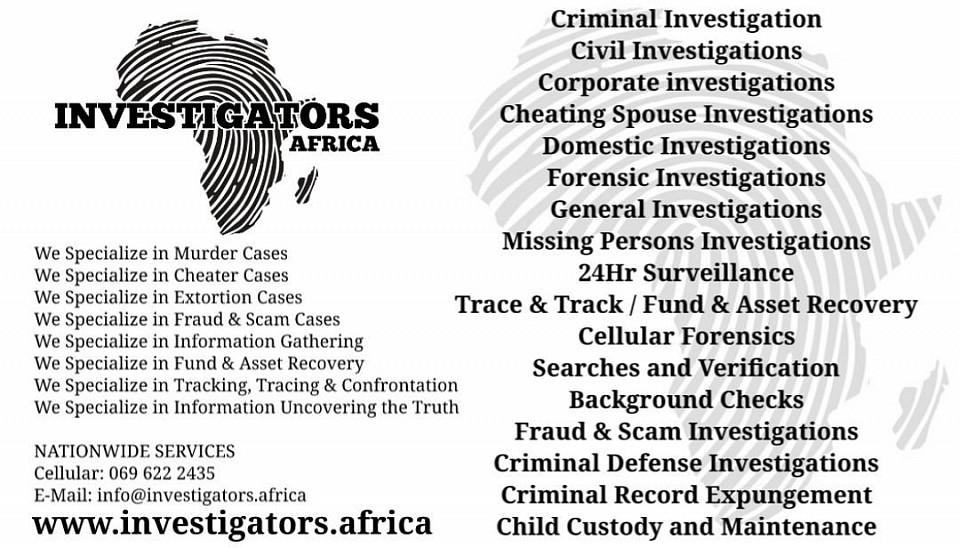Civil Investigation
A civil investigation
Is the process of gathering information and evidence to support a civil case, which is a legal dispute between individuals or entities. Unlike criminal investigations, civil investigations focus on resolving private disputes or disputes where individuals are seeking redress.
Key aspects of civil investigations:
• Purpose:
To uncover and assemble information needed for a civil trial, which is often related to a dispute between citizens regarding their rights.
• Focus:
Civil investigations aim to gather evidence that will be presented in court to support the plaintiff's (the person bringing the lawsuit) claim.
• Examples:
Civil investigations can involve cases like lawsuits, property disputes, debt collection, and contract disputes.
• Methods:
Civil investigators may use various techniques, including research, background checks, surveillance, and forensic analysis to gather evidence.
• Difference from criminal investigations:
Civil investigations do not involve the investigation of crimes and are not conducted by law enforcement agencies.
• Standard of Proof:
In civil cases, the plaintiff must prove their case by a "preponderance of the evidence" (more than 50 percent), as opposed to the "beyond a reasonable doubt" standard in criminal cases.
Private investigators play a crucial role in civil investigations by:
Gathering evidence and information to support or strengthen a client's case in a civil lawsuit. They can conduct surveillance, background checks, document analysis, and witness interviews to uncover relevant facts, as well as prepare reports and potentially act as expert witnesses in court.
How Private Investigators Assist in Civil Cases:
• Evidence Gathering:
They use various methods to gather evidence, including surveillance, background checks, and forensic investigations.
• Document Analysis:
They can review and analyze documents to identify inconsistencies or relevant information.
• Witness Interviews:
They can interview witnesses to obtain information and gather their accounts of events.
• Surveillance:
They can conduct surveillance to gather information on individuals, their activities, and their whereabouts.
• Expert Witness Testimony:
In some cases, they can provide expert testimony in court, sharing their findings and insights.
• Report Preparation:
They can create detailed reports summarizing their findings and evidence for the client.
Types of Civil Cases where Private Investigators are Used:
• Divorce and Child Custody:
They can gather evidence related to financial records, relationships, and the well-being of children.
• Personal Injury Cases:
They can investigate the circumstances of an accident and gather evidence to support a client's claim.
• Employment Disputes:
They can investigate allegations of harassment, discrimination, or other workplace issues.
• Contract Disputes:
They can investigate allegations of breach of contract and gather evidence to support a claim.
• Fraud and Misappropriation:
They can investigate cases of fraud and help recover losses.
• Family Disputes:
Investigating child abuse, elder abuse, or domestic violence to gather evidence for legal proceedings.
• Asset Tracing:
Identifying and locating assets to support legal claims or disputes.
• Skiptrace:
Locating individuals who are evading legal processes or are difficult to find.
• Due Diligence:
Conducting thorough investigations to verify the background and reputation of individuals or businesses.






